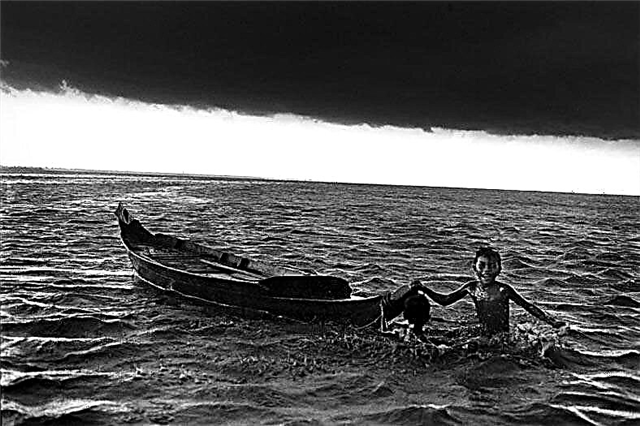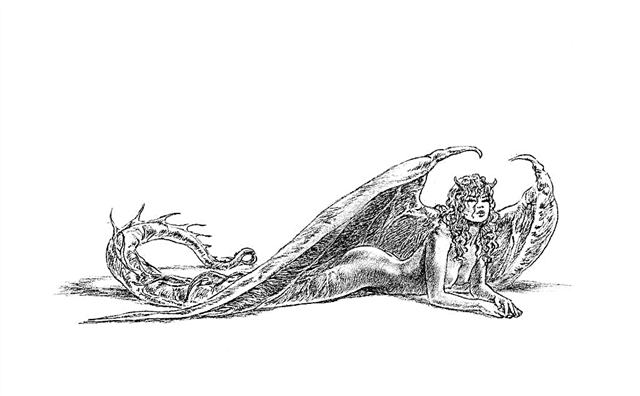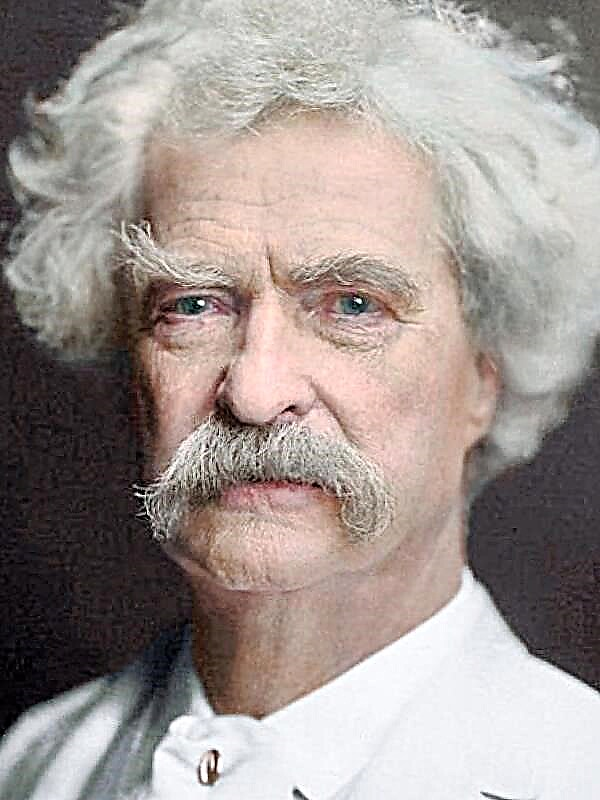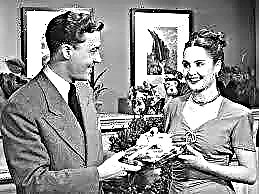The beginning of the last century. A traveler, making a trip to Italy, in one of the provincial towns gets acquainted with a sad young man. When a young man falls ill, the traveler takes care of him, and he, having recovered, gives his manuscript in gratitude to him. Confident that Adolf’s diary (that’s the name of a stranger) “cannot offend anyone and will not harm anyone”, the traveler publishes it.
Adolf completed his science course in Göttingen, where he stood out among his comrades with intelligence and talents. Adolf's father, in relation to whom "there was more nobility and generosity than tenderness" to his son, has high hopes for him.
But the young man does not seek to advance in any field, he only wants to surrender to “strong impressions” that elevate the soul over the ordinary. After completing his studies, Adolf goes to the court of one sovereign prince, in the city of D. After a few months, thanks to the "awakened wit" he manages to gain the glory of a man "frivolous, mocking and evil."
“I want to be loved,” Adolf tells himself, but he does not feel attracted to any woman. Suddenly, in the house of Count P., he meets his mistress, a charming Polish not of his first youth.Despite her ambiguous position, this woman is distinguished by the grandeur of her soul, and the count loves her very much, for for ten years now she has selflessly shared with him not only joy but also danger and deprivation.
Ellenora, the so-called friend of the Count, has exalted feelings and is distinguished by accuracy of judgment. Everyone in society recognizes the integrity of its behavior.
Appearing to Adolf's gaze at the moment when his heart requires love, and vanity - success in the world, Ellenora seems to him worthy of harassment. And his efforts are crowned with success - he manages to win the heart of a woman,
At first, it seems to Adolf that since Ellenora surrendered to him, he loves and respects her even more. But soon this error is dispelled: now he is sure that his love is beneficial only for Ellenora, that, having made her happiness, he himself is still unhappy, for he is destroying his talents, spending all his time beside his mistress. A letter from his father calls Adolf to his homeland; Ellenora's tears force him to postpone his departure for six months.
For the sake of love for Adolf, Ellenor breaks with Count P. and loses the welfare and reputation gained by ten years of "devotion and constancy." In dealing with it, men appear to have some kind of swagger. Adolf accepts the sacrifice of Ellenora and at the same time seeks to break with her: her love already weighs him. Not daring to openly leave his mistress, he becomes a passionate accuser of female hypocrisy and despotism. Now in society "they hate him," and "they pity her, but they do not respect him."
Finally, Adolf leaves for his father.Ellenora, despite his protests, comes to him in the city. Upon learning of this, Adolf's father threatens to send her outside the domain of the elector. Outraged by paternal intervention, Adolf reconciles with his mistress, they leave and settle in a small town in Bohemia. The farther, the more Adolf is weighed by this bond and languishes from idleness.
Count P. invites Ellenore to return to him, but she refuses, which is why Adolf feels even more indebted to his beloved, and at the same time even more strives to break with her. Soon, Ellenora again has the opportunity to change her life: her father is restored to possession of his estates and calls her to himself. She asks Adolf to go with her, but he refuses, and she stays. At this time, her father dies, and so as not to feel remorse, Adolf goes with Poland to Ellenora.
They settle on the estate of Ellenora near Warsaw. From time to time, Adolf visits his father’s long-time friend, Count T. Passionate to separate Adolf from his mistress, the Count awakens ambitious dreams in him, introduces him into society, constantly exposes Ellenora in an unattractive light. Finally, Adolf in writing promises him to break with Ellenora. However, returning home and seeing the tears of his faithful lover, he does not dare to fulfill his promise.
Then Earl T. notifies Ellenor in writing of the decision made by the young man, backing up his message with Adolf’s letter. Ellenora is seriously ill. Adolf learns about the act of Count T., is indignant, a sense of contradiction is awakened in him, and he does not leave Ellenor until her last breath.When it's over, Adolf suddenly realizes that he is painfully lacking the dependence that he always wanted to get rid of.
In her last letter, Ellenora writes that the hard-hearted Adolf encouraged her to take the first step towards their separation. But life without a lover is worse for her than death, so she can only die. The inconsolable Adolf sets off on a journey. But "rejecting the creature that loved him," he, still hesitant and displeased, does not "make any use of freedom, gained at the cost of so many sorrows and tears."
The publisher of the manuscript Adolf philosophically notes that the essence of man is in his character, and since we cannot break ourselves, then changing the place does not correct us, but, on the contrary, “we only add remorse to regrets, and mistakes to suffering” .






 McKinsey Tools
McKinsey Tools




